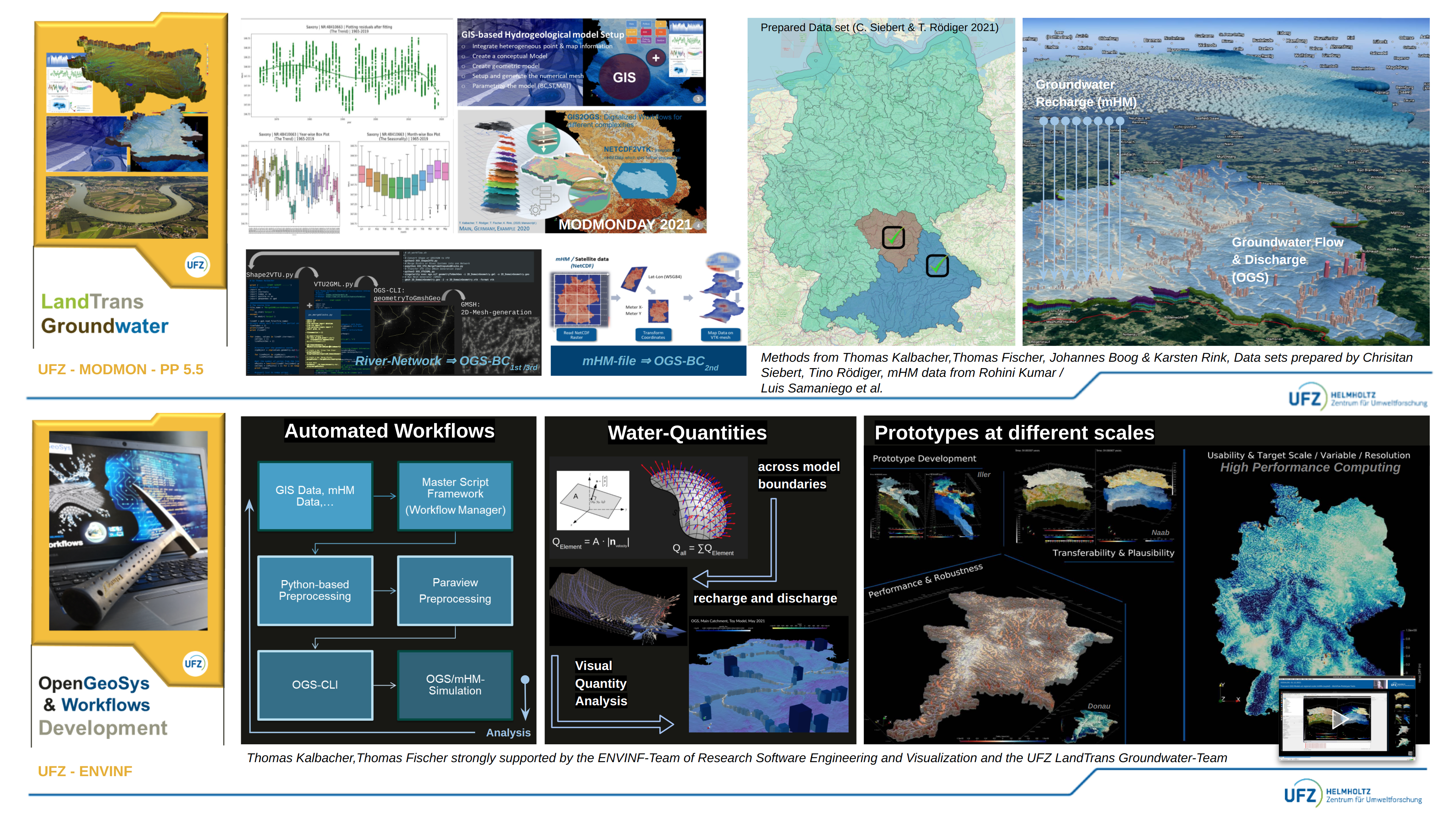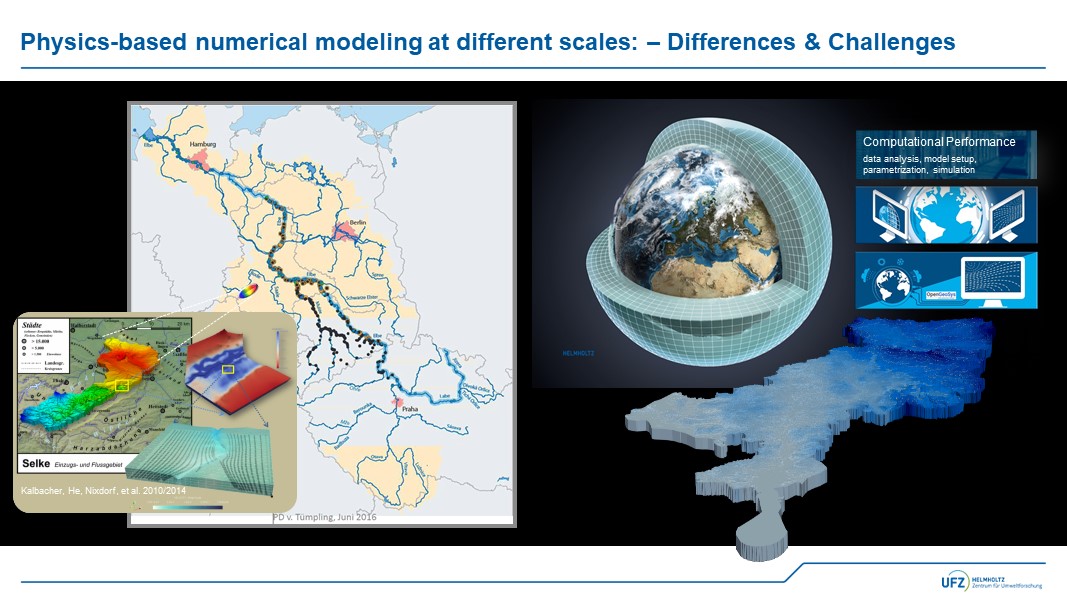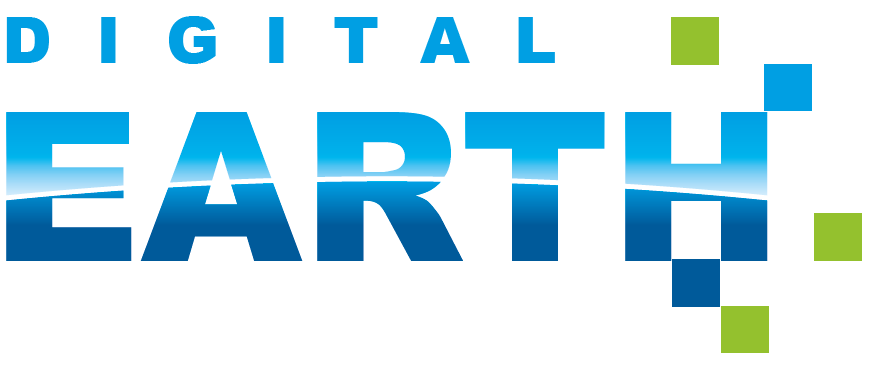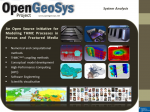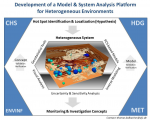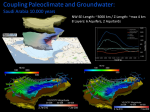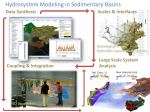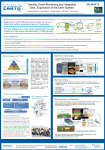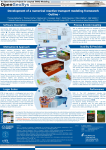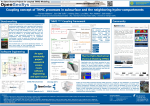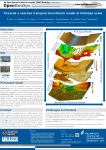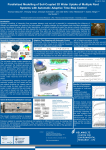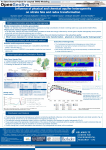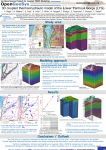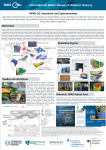Hydroinformatics: Software development for soil and aquifer system analysis
Significant advances in water research and new observational and computational capabilities and infrastructures (e.g. MOSES, TERENO, VISLAB, JUWELS) provide the opportunity to develop next generation of smart, data- and model-driven water monitoring systems. The software tools we develop are designed to support scientists worldwide in the analysis of larger and more complex systems and to enable the exploration of hydrological extreme scenarios and their effects.
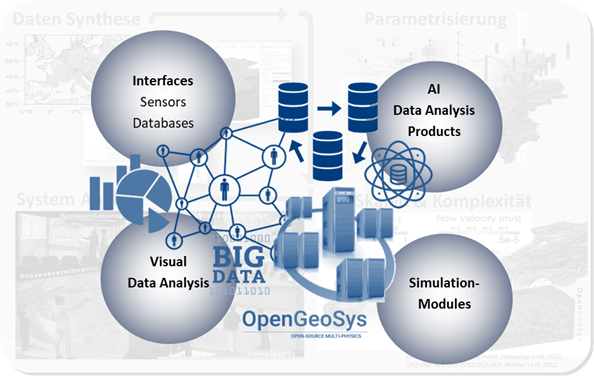
The ENVINF-Hydroinformatic developer group focuses on method and software development for the process-based modelling and parameterization of coupled surface, soil and groundwater systems, as well as the transport of dissolved substances, flow with variable density, or mechanical changes in aquifer systems due to changing environmental impacts. Our work supports various scientific projects and research initiatives, many of them with a strong focus on process and software coupling as for example within LandTrans, LISA and TiM4Water.
As a numerical tool for the simulation and prediction of groundwater conditions and interactions we use OpenGeoSys, a multi-physics code for porous media which is used in numerous THMC applications. Originally developed from Rockflow, OGS-6 now has a modular structure and provides a robust open-source framework (OGS) for the integration of additional simulation capabilities that build on and extend the numerical kernel.
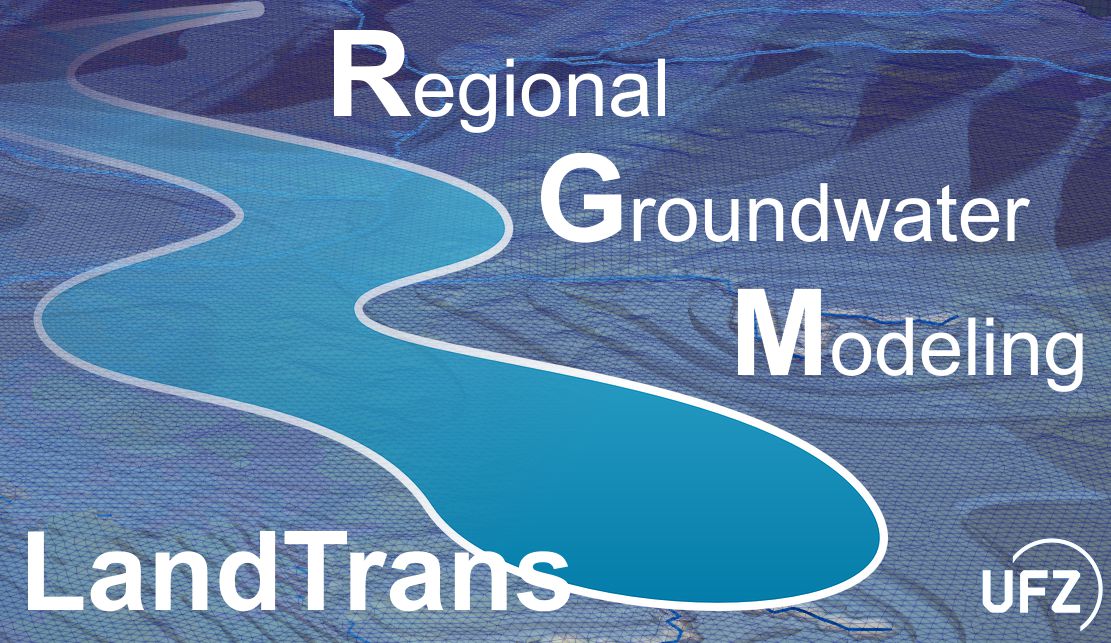
|
LandTrans Groundwater: Development of a Coupled Regional Groundwater Modeling Framework |
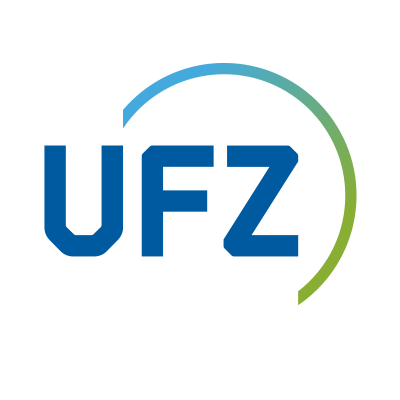
|
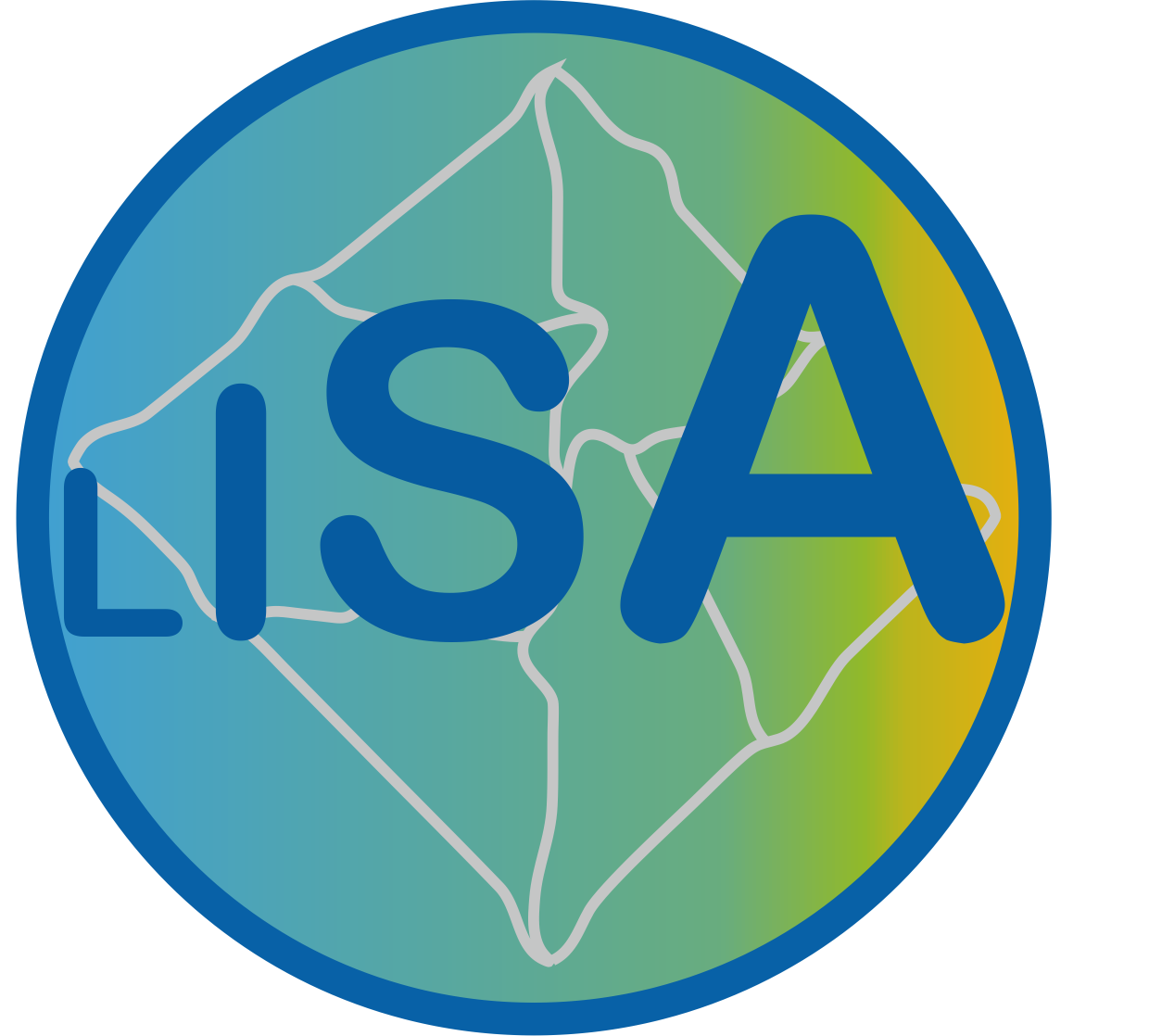
|
LISA - PhD College Exploring multifunctional landscapes in a model-based framework: model interfaces and scaling issues |
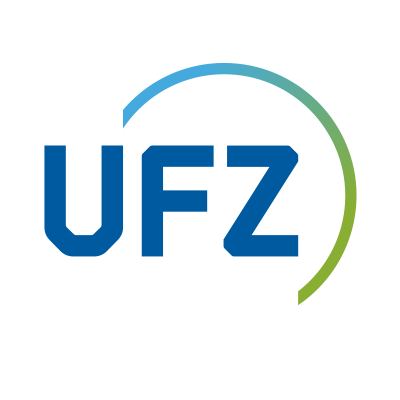
|
|
|
Digital Earth Project SMART Data acquisition and raster processing methods to support event-driven monitoring campaigns |

|
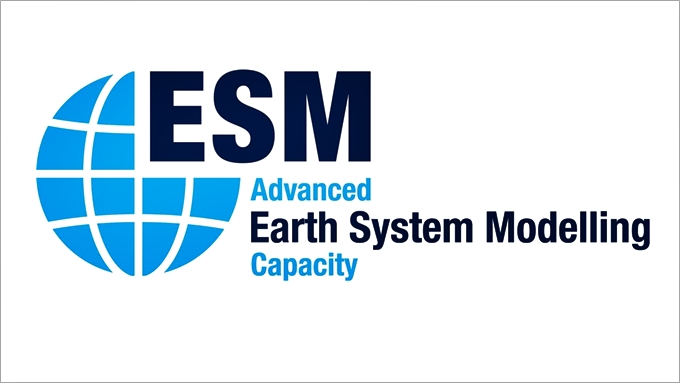
|
ESM Project Task 3.4: Cross-compartmental matter cycling: From land to sea Task 3.5: Georeservoirs |

|
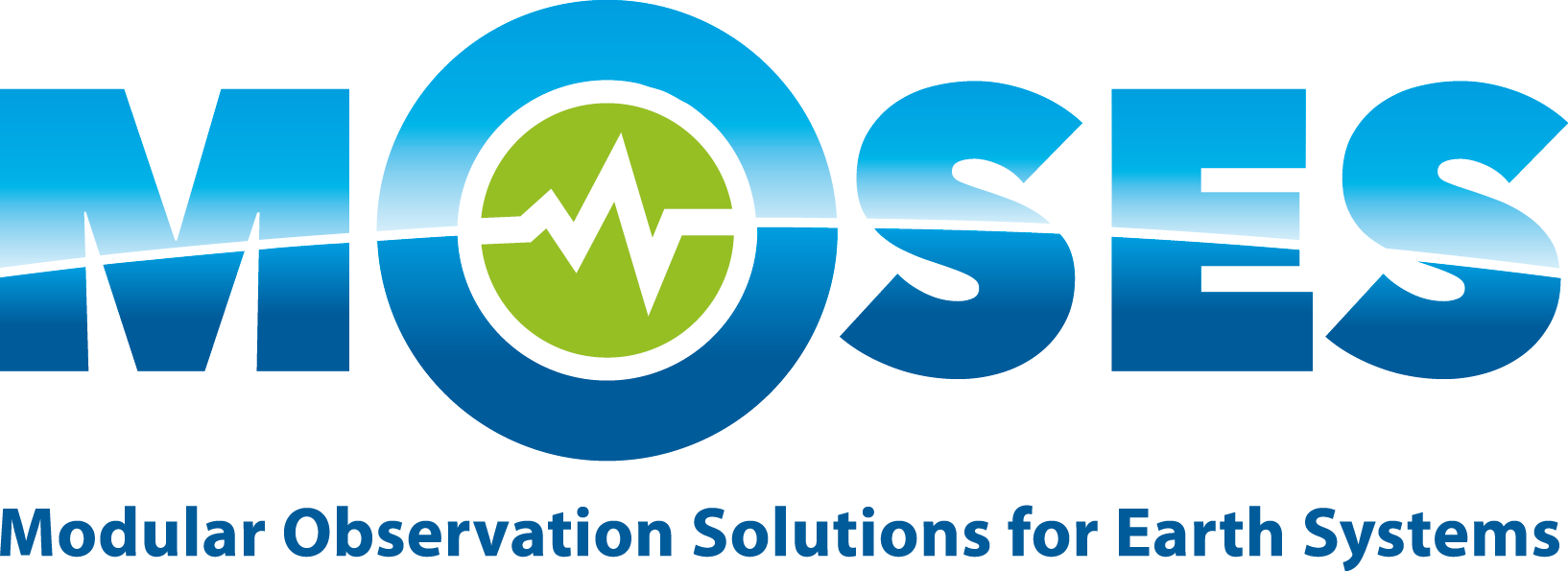
|
MOSES Project Information Modular Observation Solutions for Earth Systems |

|
MARZIPAN |
Project Information |
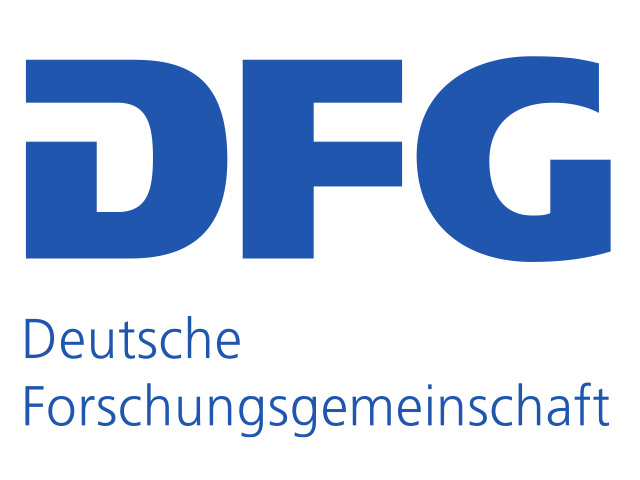
|
ESTIMATE |
Project Information |

|
INCIDENT |
Project Information |

|
OpenGeoSys Software and Tools
Most of the software packages and digital tools developed by us are freely available and Open Source, and we thank the UFZ for the support of Open Data and Open Software.
The open source platform OpenGeoSys.org, which is currently being organized at the Department of Environmental Informatics of the UFZ, plays a central role in our development. OpenGeoSys is also our most used simulation tool for the system analysis of hydrogeosystems. Many methods are implemented in this platform and we benefit from the quality control and automatic benchmarking provided by the OGS core development team. A large part of the methods and products developed by us can therefore be found as downloads for different operating systems inside the OpenGeoSys Software Packages offered for download:
OpenGeoSys Official Releases and Nightly Builds

or get directly the Open Source Code from GitLab

More Tools and Code Snippets:
Almost all of our workgroup members have their own GitLab/GitHub environments or share their developments on other open git projects. We will provide the corresponding information or links to better connect you with their developments here soon.
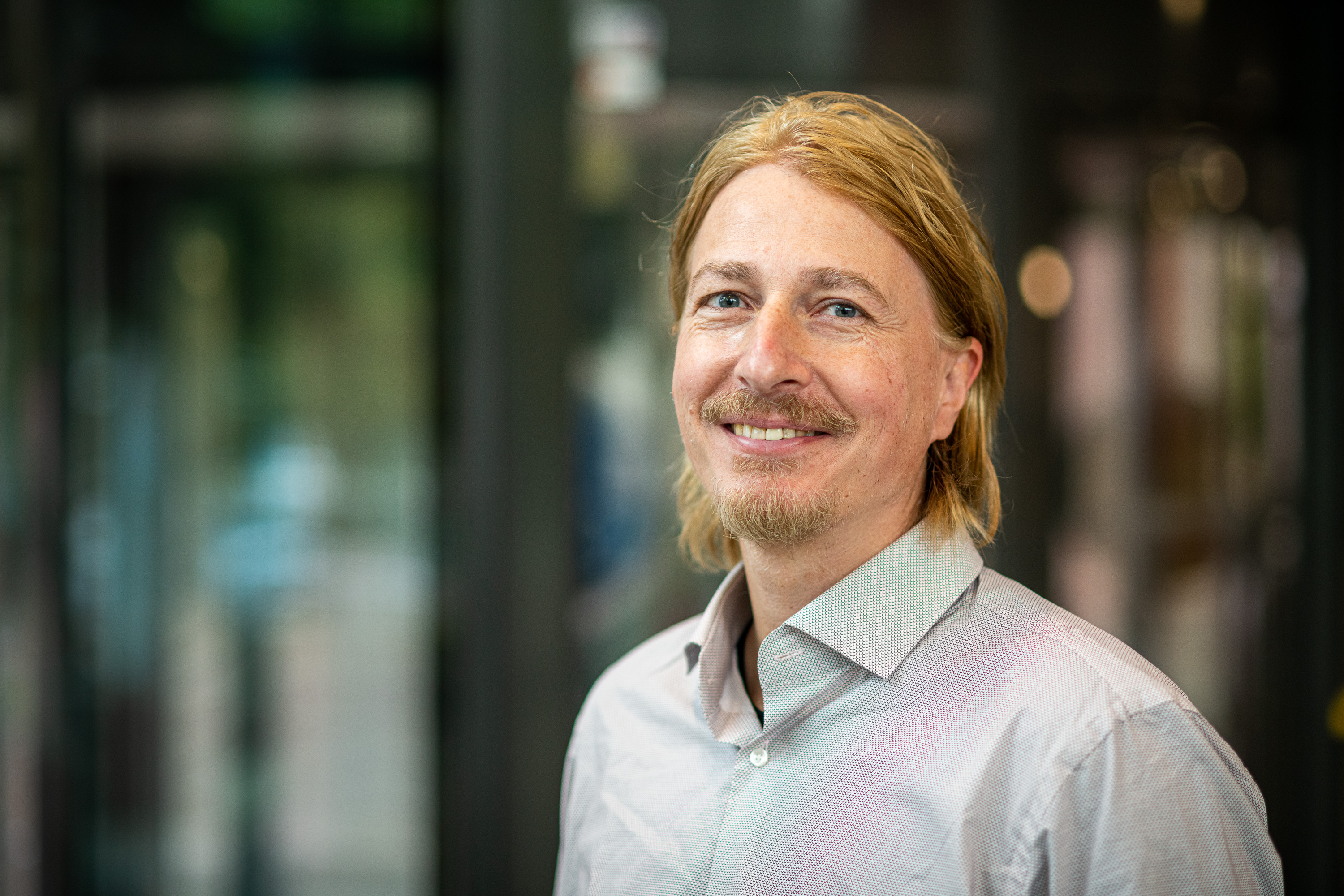 Dr. Thomas Kalbacher
Dr. Thomas Kalbacher
Dr. Thomas Kalbacher is the head of the work group Hydroinformatics and deputy head of the department of Environmental Informatics. He received his PhD at the Eberhard-Karls-University Tübingen, for his work on object-oriented software development for geometric modeling of complex hydrogeological systems. His PhD was awarded with a two year Alexander v. Humboldt / JSPS Research Fellowship, which he spent as researcher and lecturer at the Okayama University in Japan. He is a staff member of the department since 2009 and his research interests include computational environmental system analysis with focus on software and digital workflow development for numerical high performance simulations of water quantity and quality in heterogeneous subsurface. His work is directly related to the investigation of the impact of climate change and hydrologic extremes on soil water and groundwater dynamics and the development model-driven monitoring concepts.
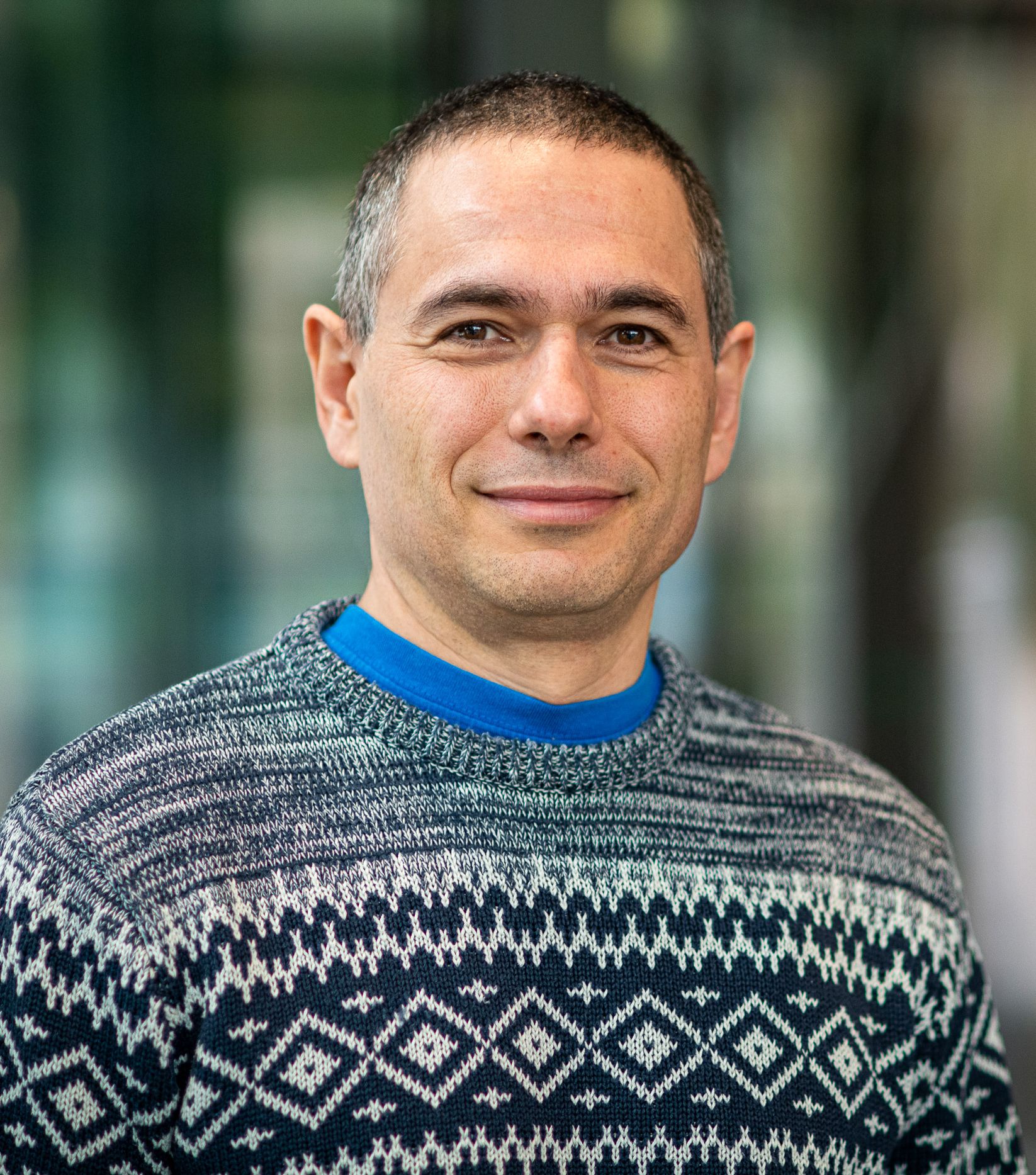 Dr. Thomas Fischer
Dr. Thomas Fischer
Dr. Thomas Fischer has been working as a scientific software developer at the Department of Environmental Informatics since 2010. He studied computer science from 1997-2003 at the Friedrich Schiller University Jena. He has been working as a software developer from 2003-2005 in several projects. In 2005 he joined the group of numerical mathematics at the University of Leipzig and worked on preconditioning methods for large sparse systems of linear equations. He received his Phd for developing a purely algebraic based preconditioner. As one of the core developers of OpenGeoSys his research interest are related to robust and efficient numerical software and high performance computing.
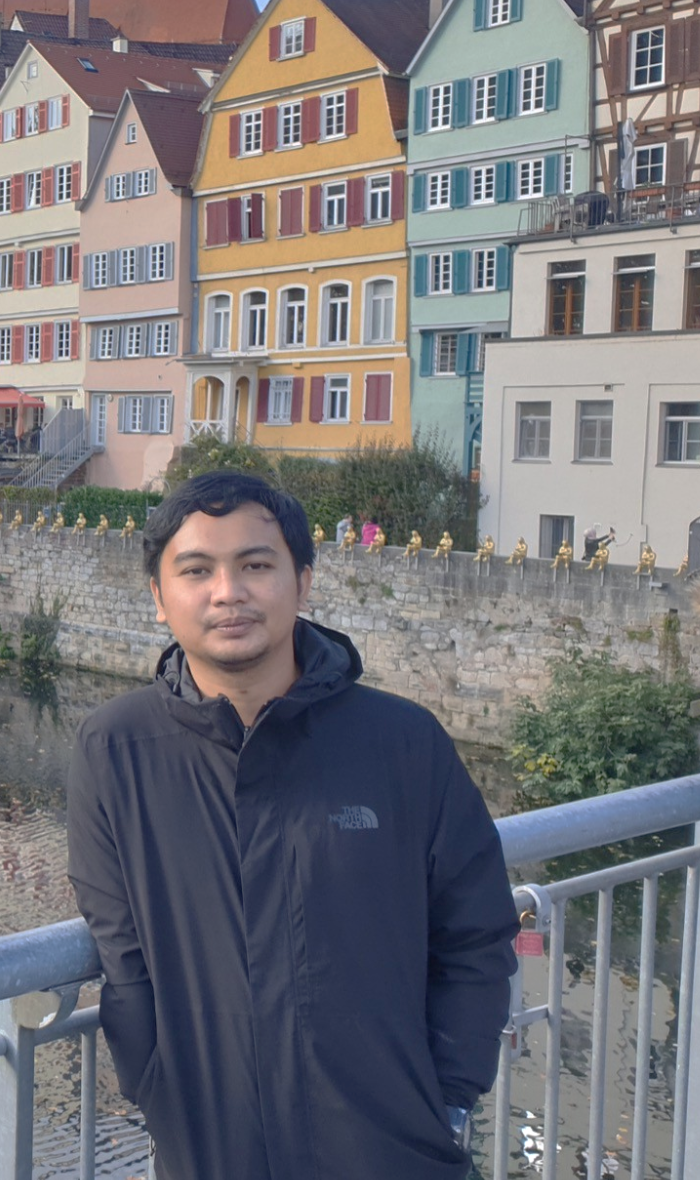 Afid Nur Kholis
Afid Nur Kholis
Afid Nur Kholis is a PhD student at the UFZ and will graduate in 2026 within the LISA project. He holds a B.Sc. in Environmental Geography from Gadjah Mada University, Indonesia, and an M.Sc. in Applied and Environmental Geosciences from the University of Tübingen, Germany. His research focuses on complex dynamics of groundwater and modeling of surface hydrology. As part of the LISA PhD program, he is developing a new interactive interface between the saturated (groundwater) and unsaturated (soil moisture) zones that allows bidirectional coupling and seamless parameterization across different scales. The developed bidirectional coupling methods will be implemented in the OGS and/or mHM models and will provide a more realistic representation of the hydrological cycle for predicting the effects of climate change.
 Dr. Linus Walter
Dr. Linus Walter
Dr. Linus Walter is a postdoctoral researcher at the Department of Environmental Informatics at UFZ. His research focuses on developing high-level workflows for reactive transport modeling in the context of safety assessments of deep geological repositories. This work is carried out within the OpenWorkFlow project. He obtained his Diploma in Engineering in Geotechnical Engineering and Mining from the TU Bergakademie Freiberg. His diploma thesis addressed the numerical modeling of fractured geothermal reservoirs using OpenGeoSys (OGS), with a case study of the Geretsried Deep Geothermal Project. He subsequently completed a PhD on Machine Learning Workflows for Subsurface Flow and Induced Seismicity Forecasting in Geo-Energy Applications. Based on this experience, a central theme of his work is the integration of data-driven methods with physics-based modeling.
Former Members
Post Docs, PhD Students, Master & Bachelor Students
Dr. Jasper Bathmann Linkedin
Dr. Martin Binder Linkedin
Dr. Johannes Boog ResearchGate
Dr. Christian Engelmann Linkedin
Marco Hannemann ResearchGate
Dr. Wenkui He Linkedin
B.Sc. Joshua Heipel
Dr. Eunseon Jang Linkedin
Ching Yin Kwok Linkedin
Dr. Fabien Magri ResearchGate
Dr. Erik Nixdorf GoogleScholar
M.Sc. Oliver Petschick Linkedin
Dr. Agnes Sachse Linkedin
M.Sc. Philipp Schad Linkedin
Dr. Marc Walther TUDresden
Dr. Yan Zhou Linkedin

